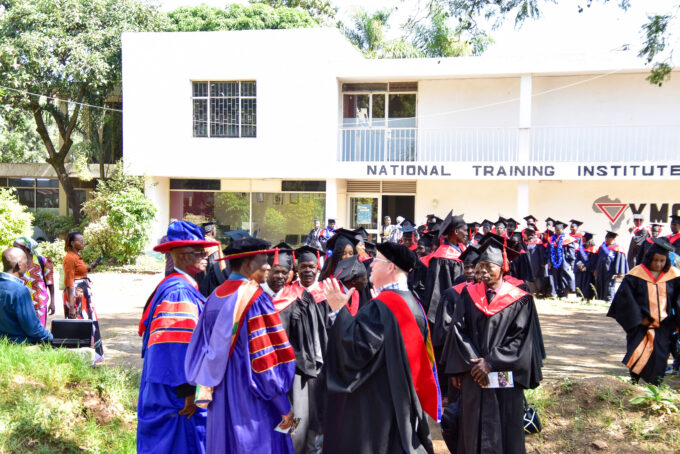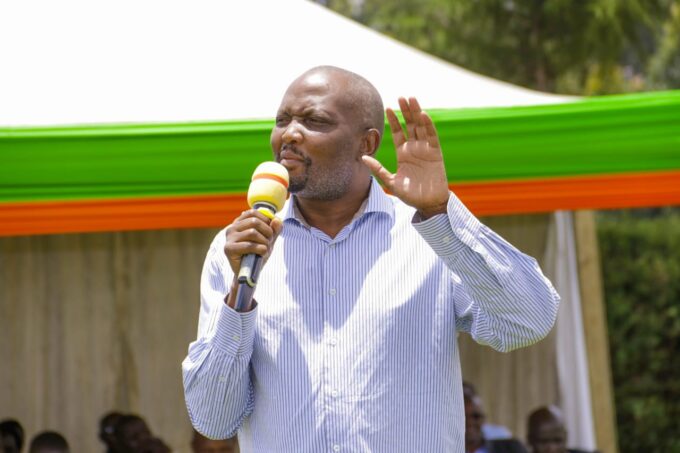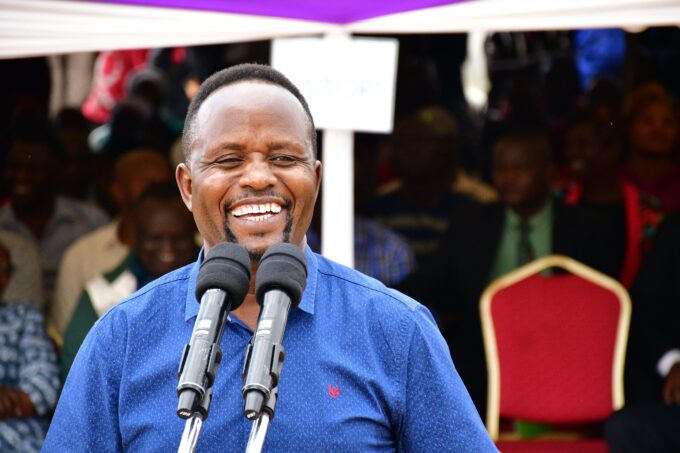KCSE candidates during the last year’s national exam /Photo courtesy/
The 2024 Kenya Certificate of Secondary Education (KCSE) exams commenced today, October 22, with 965,501 candidates registered across 10,755 centers.
The first phase includes practical and oral exams for subjects such as French, German, Sign Language, Music, and Home Science, while the written exams will officially start on November 4.
This year’s exams feature new measures introduced by the Kenya National Examination Council (KNEC) to enhance security and fairness. Each candidate’s details, including their name and index number, will be pre-printed on exam papers to curb cheating and reduce impersonation cases.
Additionally, exam supervisors and invigilators must adhere to strict guidelines to ensure integrity during the exam administration. Supervisors are prohibited from remaining at any center for more than a week, and mobile phones must be stored away from exam rooms to prevent unauthorized communication. These measures reflect the Ministry of Education’s commitment to conducting the KCSE exams smoothly and fairly.
In Kisii County’s Nyamache region, concerns have arisen about road infrastructure, particularly the condition of a collapsed bridge, which could disrupt the transportation of exam materials.
Local education stakeholders, including Dr. Samuel Siringi, chairman of the Bobasi professional body, has expressed worries that delays in reconstructing the bridge may hinder the examination process, a situation he says underscores the importance of maintaining infrastructure for the timely administration of national exams.
The exams will continue until November 22, alongside the Kenya Primary School Education Assessment (KPSEA) for Grade 6 candidates, scheduled from October 28 to 30, with rehearsals on October 25.
The KCSE written exams will begin with Mathematics and English on November 4, followed by Integrated Science and Kiswahili. On the final day, students will take assessments in Creative Arts and Social Studies, marking a significant component of the Competency-Based Curriculum (CBC) and the conclusion of primary school education.











